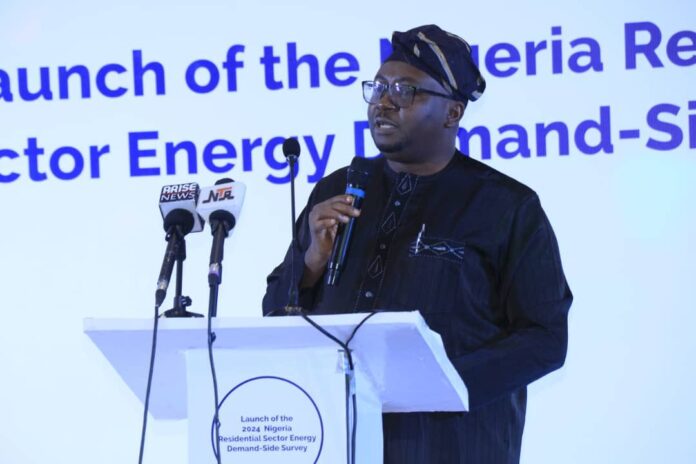The Federal Government has unveiled plans to add 1,900 megawatts (MW) of solar power to the national grid through the construction of modular power plants across the 19 northern states.
The move is part of a broader strategy to achieve 8,000MW of electricity generation and distribution before the end of President Bola Tinubu’s first term in 2027.
Minister of Power, Adebayo Adelabu, disclosed this during the sixth edition of the 2025 Ministerial Press Briefing in Abuja, noting that each northern state will receive a 100MW solar plant to enhance energy independence and reduce pressure on the national grid.
Adelabu said the initiative is backed by private sector investors such as Sun Africa Energy and Skipper Electric. Sun Africa aims to add 1,000MW to the grid, while Skipper Electric will handle the modular solar installations across the northern region.
Highlighting progress since August 2023, the minister said average daily generation has grown from 4,100MW to 5,800MW. He stressed that Nigeria’s generation capacity grew by 1,700MW in just over a year, a sharp contrast to the 40 years it took to move from 2,000MW to 4,000MW.
To further strengthen the grid, the Transmission Company of Nigeria (TCN) commissioned 61 new transformers in 2024, with nine more added in Q1 2025. Adelabu said the national grid’s operational capacity has now reached 8,700MW up from a 5,000MW limit that previously triggered frequent grid collapses.
Adelabu revealed that about 150 million Nigerians currently have access to electricity, while an estimated 80 million still lack stable supply. He stressed the need for regionalising the grid to limit the impact of disturbances in any single area and noted ongoing efforts to complete previously abandoned power projects, including the 215MW Kaduna Power Plant, now 87% complete.
The government is also seeking private investment to build new transmission lines and substations, citing funding constraints across ministries.
With strong support from President Tinubu and ongoing reforms, the minister expressed optimism that the administration’s energy goals would be met, ensuring improved stability and affordability of power for Nigerians.








